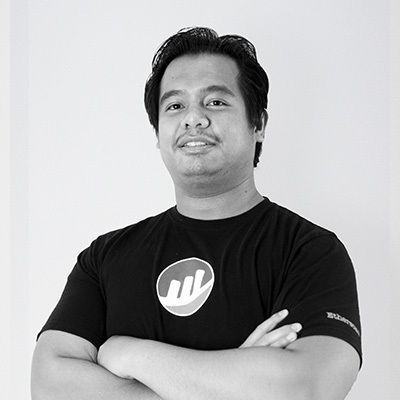An Introduction to Decentralized Autonomous Organizations (DAOs)
Decentralized Autonomous Organization, or DAO, is an organization that has no hierarchical management with its members sharing a common goal and participating in the decision-making process.
It may also refer to a contract named "The DAO" launched on 30th April 2016, which was then hacked in June 2016 and ultimately motivated a hard fork (codenamed DAO) at block #1,920,000 which reversed the hacked DAO contract and caused Ethereum and Ethereum Classic to split into two competing systems.

How DAOs Operate
Essentially, smart contracts allow DAO to operate without any central leadership and rely on consensus. The DAO is fully automated and transparent as every vote will be posted on the blockchain for everyone to see. This transparency is essential to keep the DAO functioning and allows members to see how the DAO uses funding.
The key to the process is determined by the amount of the staked DAO token. Those who stake their token will get voting rights, and the more they stake, the larger the voting weight. For example, if person A stakes 1000 tokens and person B stakes 200 tokens, person A will have 5 times more voting power than person B.
Looking at the way it operates, the largest stake can approve a proposal they submit to the DAO with ease. To avoid these, they are usually incentivized when they act in good faith. Their decisions will steer the DAOs direction and approve any proposal submitted to the DAO.

